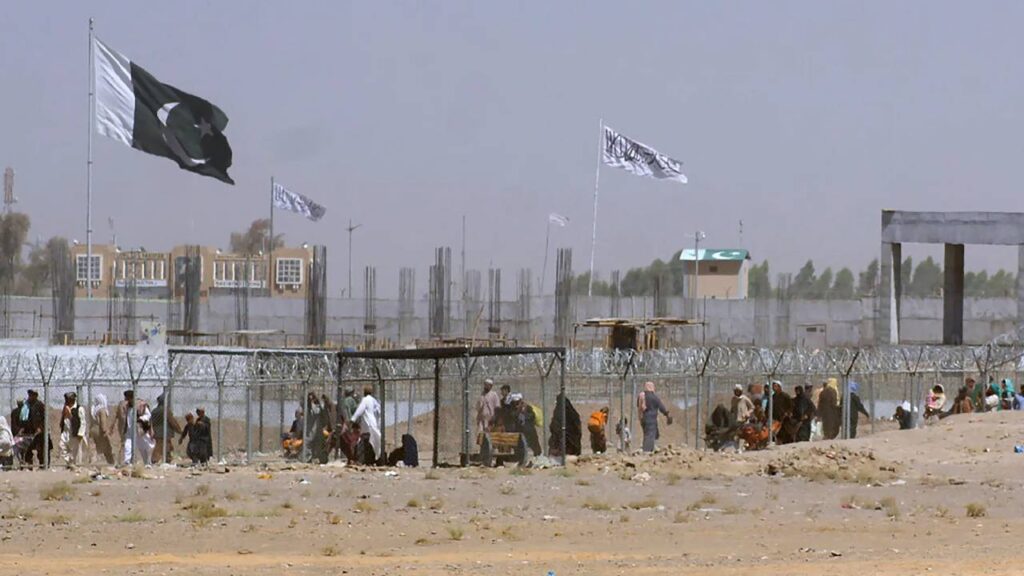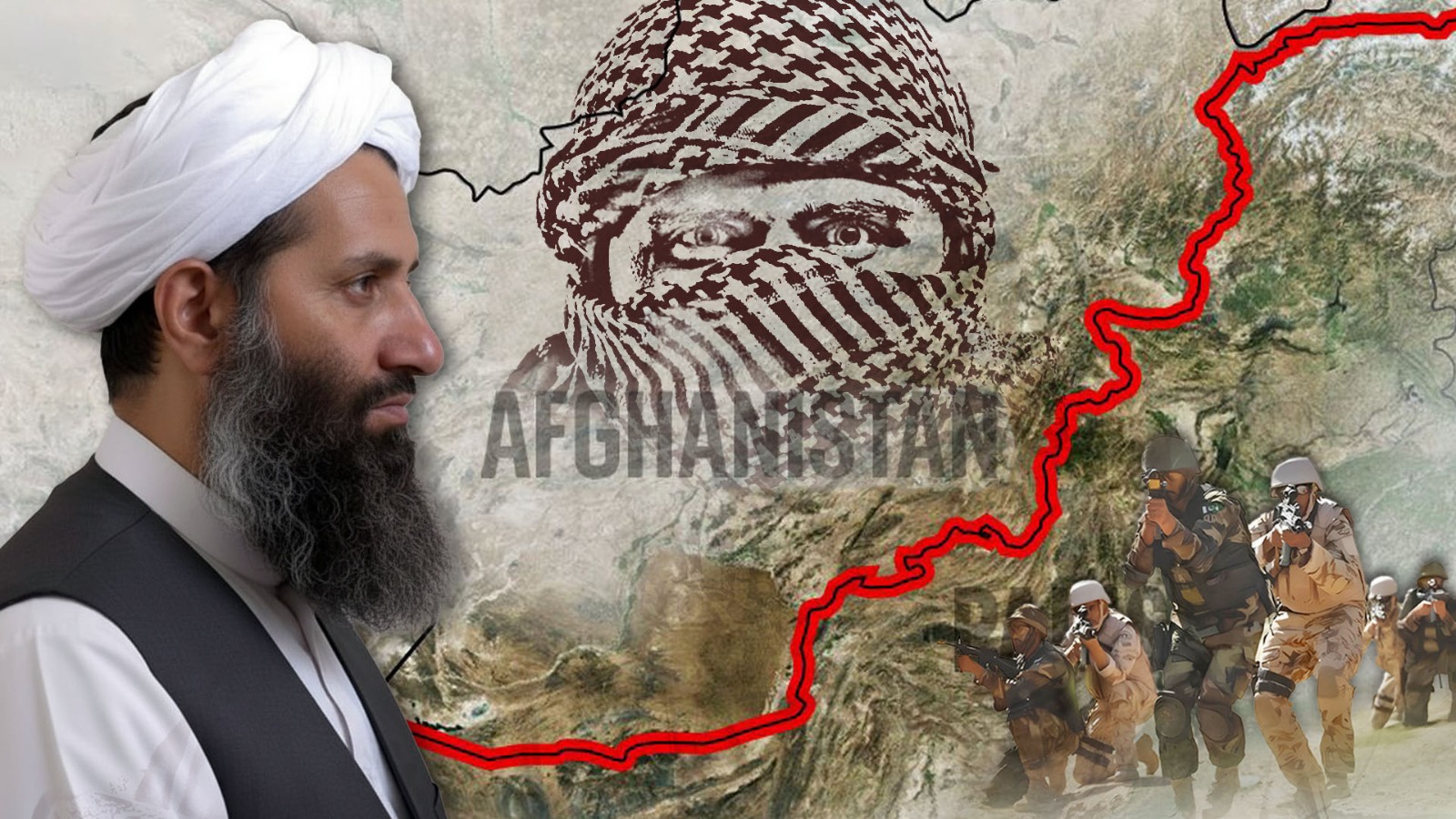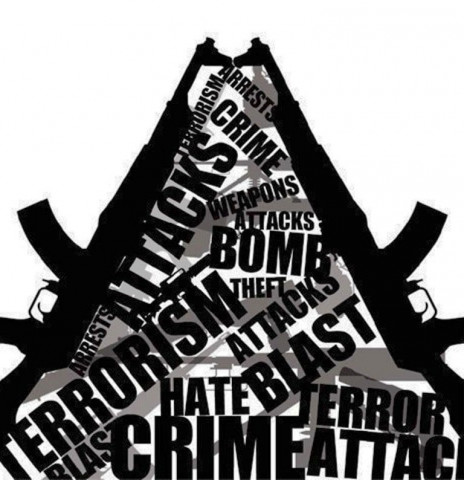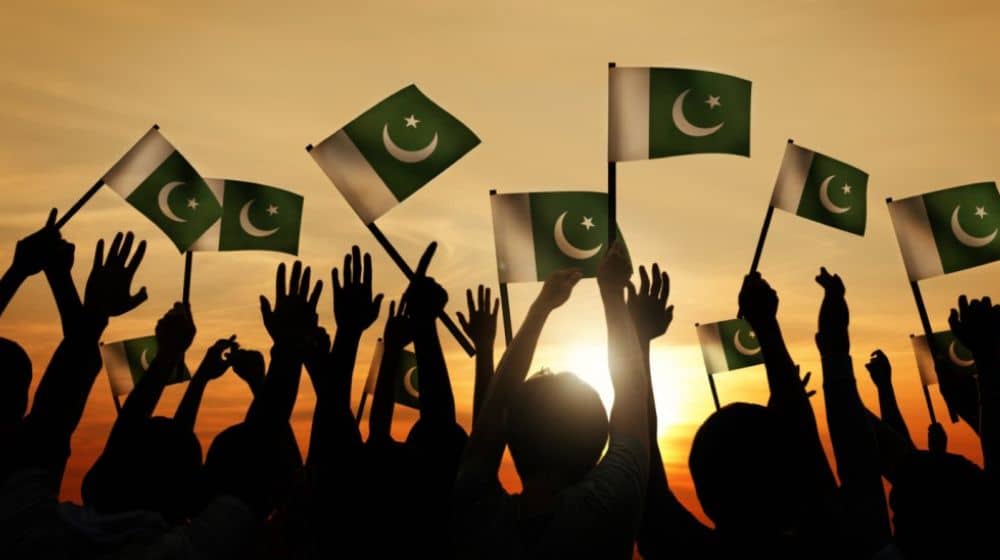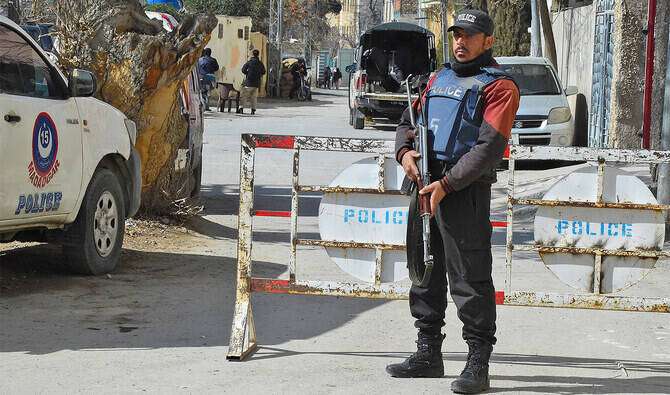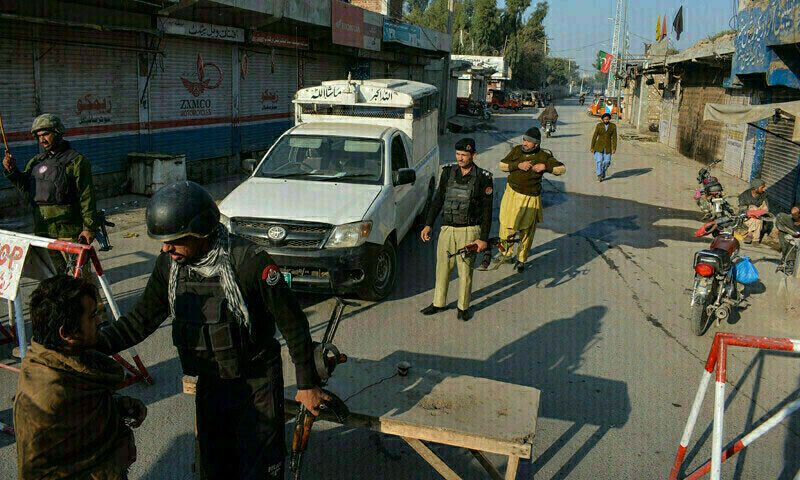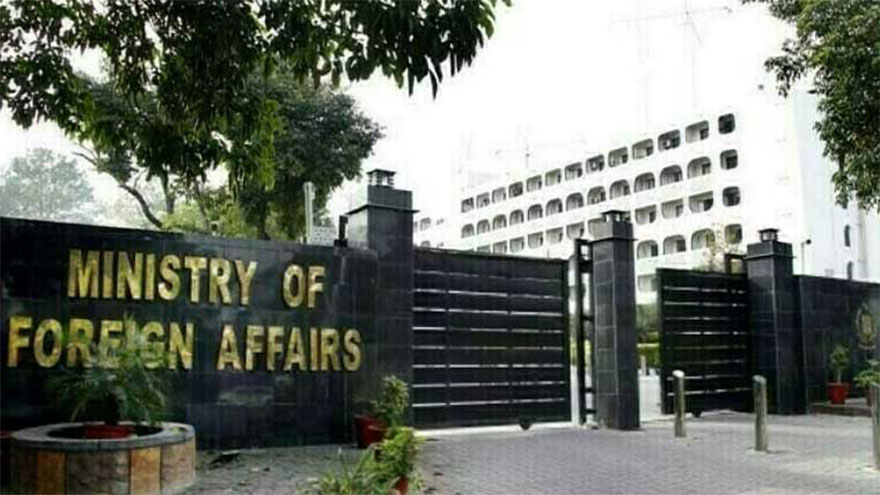The recent statement made by Muhamad Naseem Haqqani, a senior official of the interim Afghan government (IAG), calls the governance system of Pakistan un-Islamic. During his remarks, the cleric justified the armed struggle against Pakistan’s Armed forces. This statement raises serious concerns about the nature of public dialogue in Afghanistan. Such declarations are not mere opinions; they mirror a baseless rhetoric pattern lacking credible scholarship. If viewed in the context of the bilateral relationship of Pakistan and Afghanistan, such speeches risk proliferating radical sentiments and justifying the acts of extremist actors like Tehreek-e-Taliban Pakistan (TTP). Such remarks act as spoilers at a time when both countries desire to eradicate terrorism in all its forms.
Time and again, Pakistan has cautioned the administration in Afghanistan from inciting violence against the people and the government of Pakistan. Different reports of the UN, released recently, expose the presence of TTP fighters in Afghanistan. These reports illustrate that the safe havens of terrorists in Afghanistan are being used for creating instability in the wider region. From their hideouts in Afghanistan, terrorists launch attacks inside Pakistan. Such acts, coupled with the hate speech, complicate the counter-terrorism efforts of Pakistan. On numerous occasions, the IAG has committed that its land will not be used against Pakistan; however, despite assurances, the IAG has done nothing to address the concerns raised by Pakistan. Such an attitude ignites skepticism about the inability of the IAG to fulfil its pledges.
The statement delivered by Naseem Haqqani is not the first or isolated instance. Such speeches hint at a wider arrangement according to which so-called religious clerics in Afghanistan issue fatwas proclaiming hatred against the state of Pakistan and its Armed forces. An analysis of this arrangement posits that most of these clerics and so-called religious leaders hold unverifiable degrees and have little to no knowledge about matters of religion. The intelligence agencies and media in Pakistan have reported multiple cases where Afghanistan-based fake ulema make such speeches to ignite hate among the Afghans about the people and government of Afghanistan.
When individuals without credible scholarly qualifications issue such declarations, the line between genuine religious scholarship and extremist propaganda becomes blurred. The erosion of credibility not just undermines the authority of religious institutions but also questions the authority of IAG. This pattern of fake speeches is serving as a cause for fueling radicalization in the wider South Asian region. The law enforcement agencies in Pakistan have time and again highlighted that militant leaders in Afghanistan, the majority of whom hold questionable credentials, are using Afghanistan as a platform for issuing statements against the Pakistan Army and the governance mechanism that remains in place in Pakistan.
Particularly, the TTP has been observed issuing statements from Afghanistan. Such statements aim at inciting violence and eroding the credibility of the state and institutions of Pakistan. Through such messages and statements, the TTP targets the vulnerable youth and communities in Pakistan. Such statements are not abstract instances; they are real events with purposeful intent. These speeches provide rhetoric to TTP fighters who seek to recruit disgruntled people both in Afghanistan and Pakistan. Such fabricated and false narratives strengthen militants and weaken the de-radicalization campaigns lodged as peace-building initiatives in Pakistan.
The interesting thing to note here is that the Ministry where Naseem Haqqani delivered these remarks had been criticized numerous times by international organizations, including the EU, UN, and important human rights bodies. The reports of these institutions highlight that IAG officials occasionally use this forum to issue hateful remarks. Although Afghanistan is a sovereign state, the spillover of such hate remarks cannot be ignored. In a region that remains largely interconnected, such speeches find immediate traction across the borders, particularly at places where militants can use such speeches as propaganda for achieving their heinous gains.
Today, cross-border militancy remains a critical issue for Pakistan. The Pakistan Army has reported numerous incidents where militants used Afghan territory to launch attacks inside Pakistan. This threat becomes compounded when these terrorists use weapons left unchecked by the U.S. and the NATO forces. In numerous operations, the security forces of Pakistan recovered tangible evidence suggesting the use of U.S. weapons by TTP fighters. These instances suggest that the withdrawal of the U.S. and NATO forces created a vacuum that is now being exploited by terrorist factions against Pakistan. This complicates the security landscape of Pakistan and threatens the broader stability in the region.
The proliferation of such narratives from Afghanistan stresses the need for responsible leadership in Afghanistan that can curb extremist rhetoric. The IAG must stop the unqualified clerics from issuing statements that risk furtherance of cross-border militancy. For its part, Pakistan stands ready to fulfil its commitments to regional stability. Pakistan has borne the brunt of terrorism for the last two decades and has offered numerous sacrifices. Yet, such narratives from across the border threaten the progress Pakistan has achieved in recent years. Peace in the larger Asian region depends on strengthening cooperative approaches rather than working on divisive agendas. Afghanistan must focus on addressing the basic reasons for militancy by strengthening its educational and religious institutions. The alternative approach that is continuing incitement would further erode the stability paradigm in the region.

